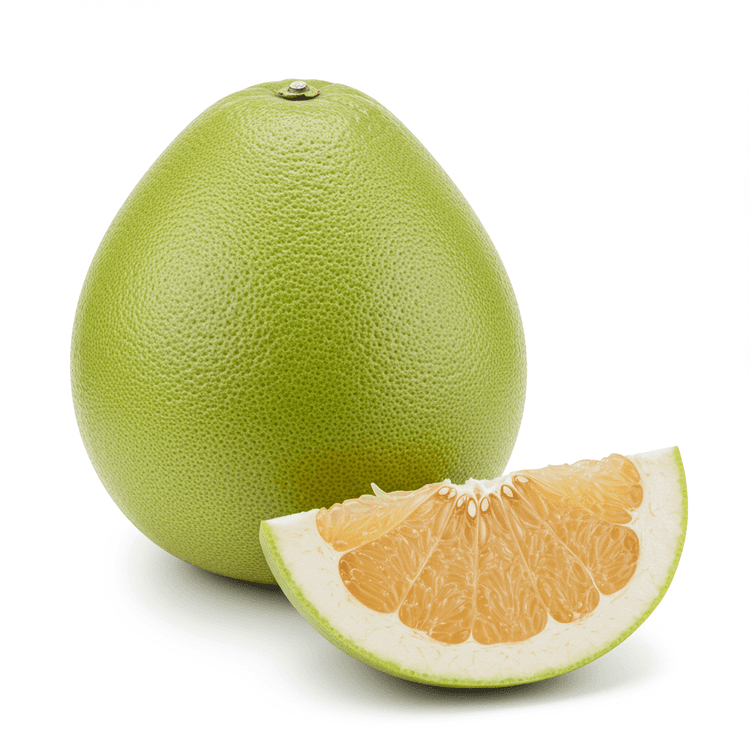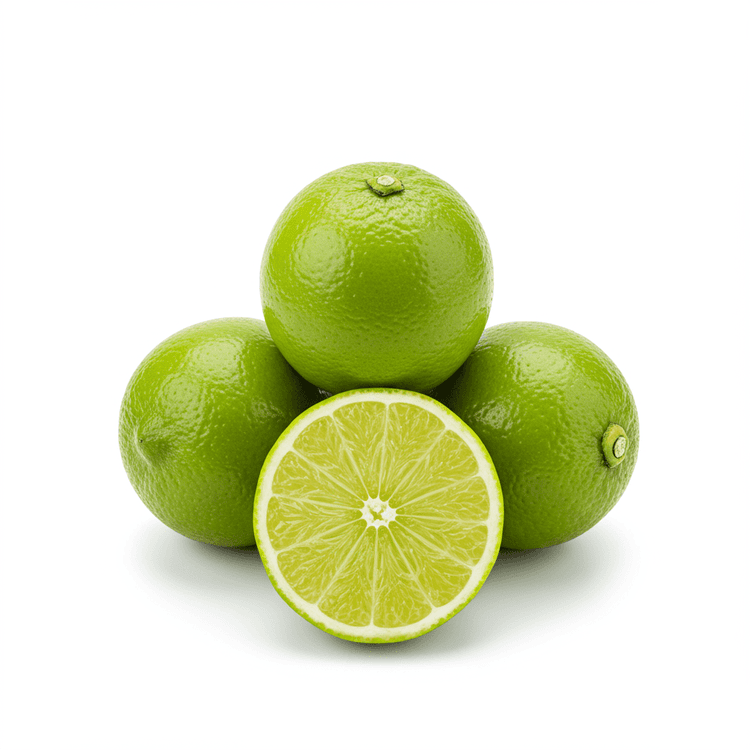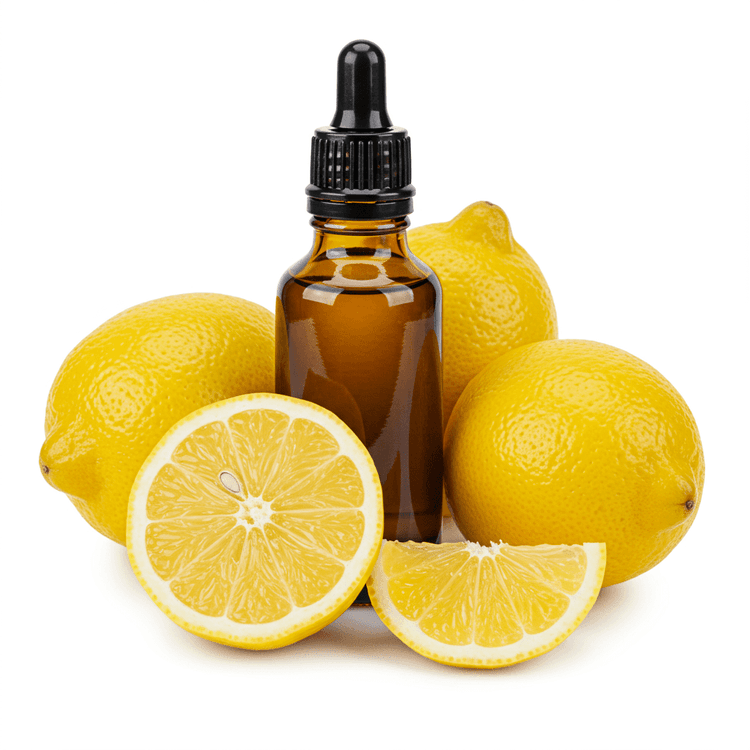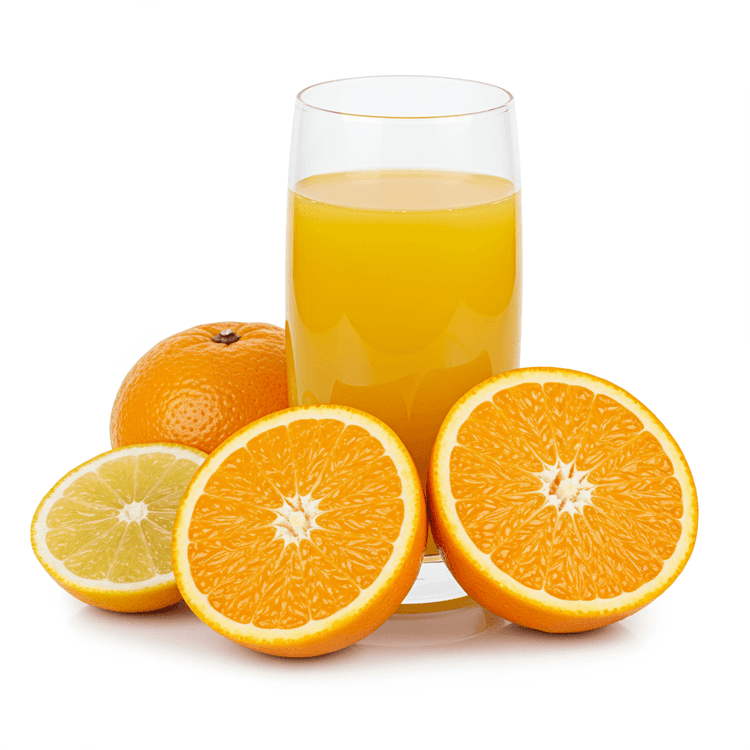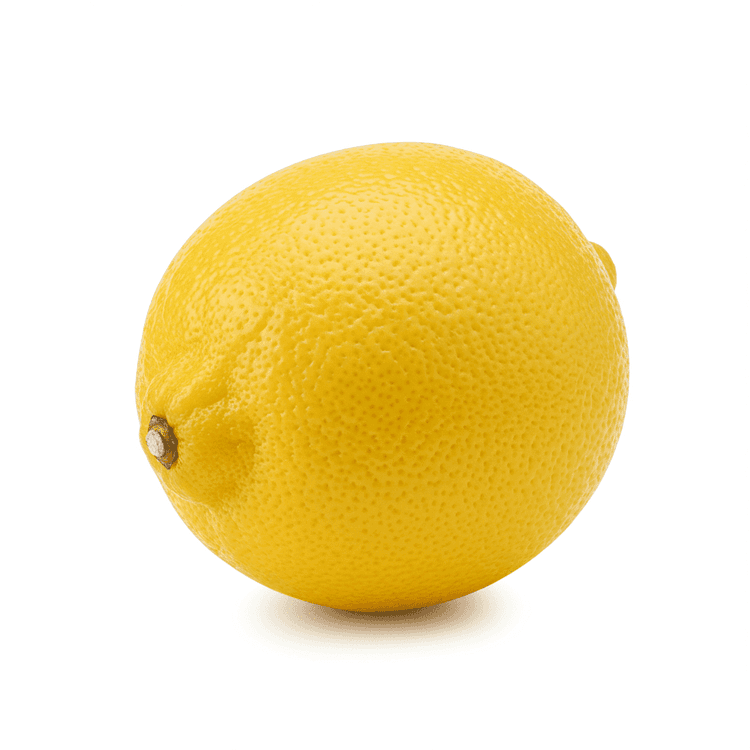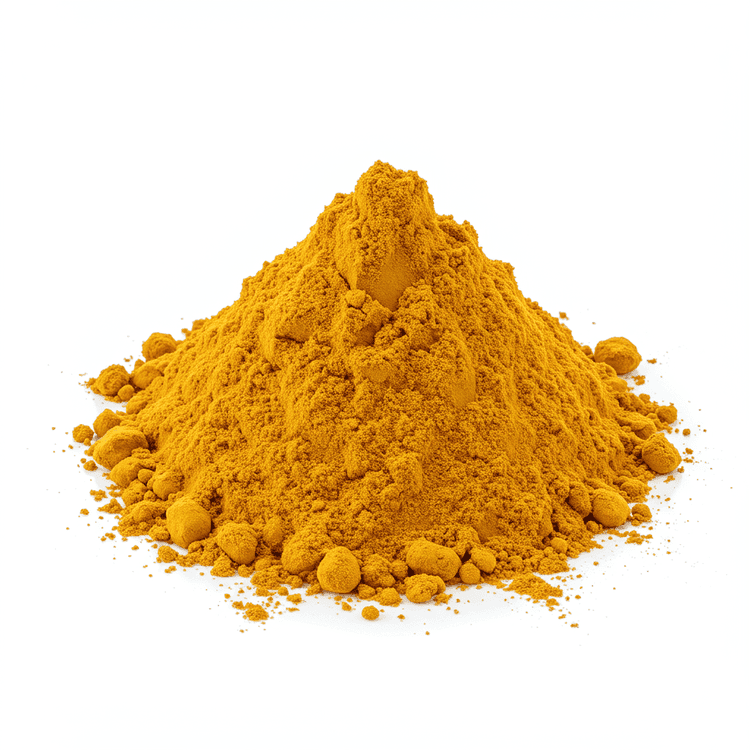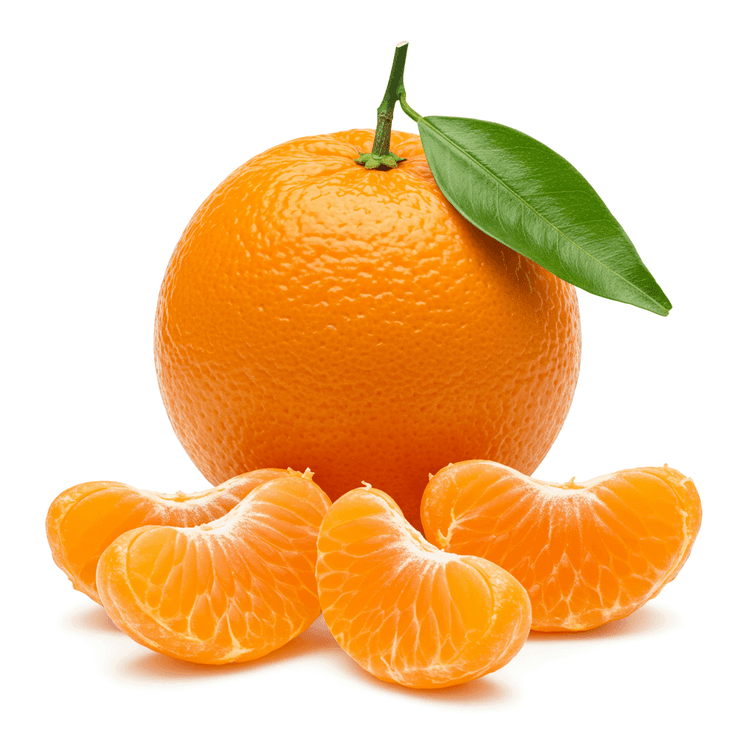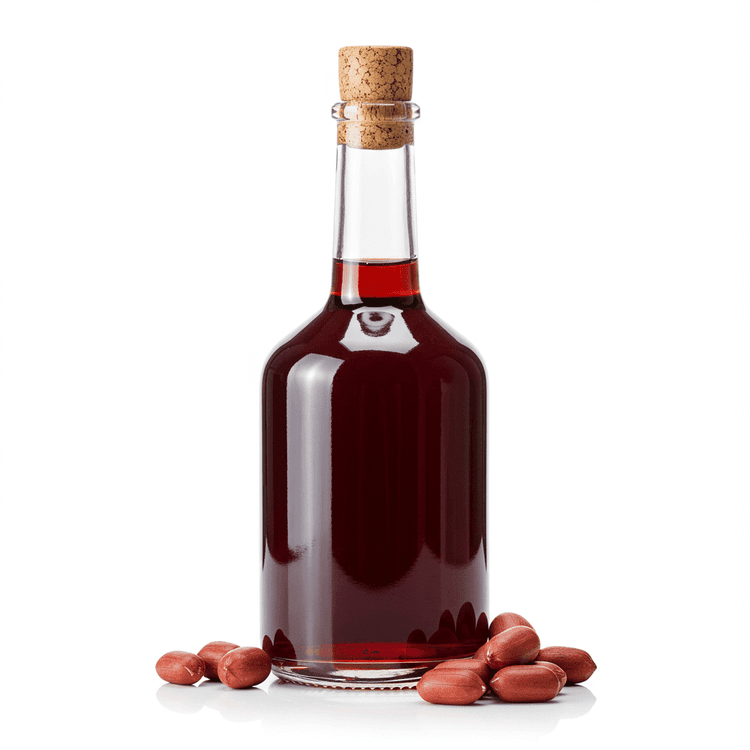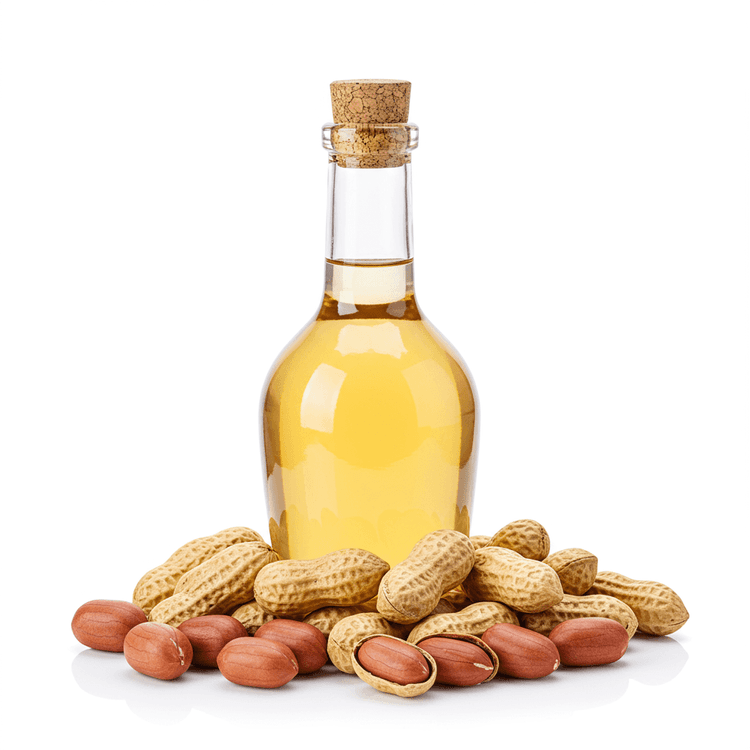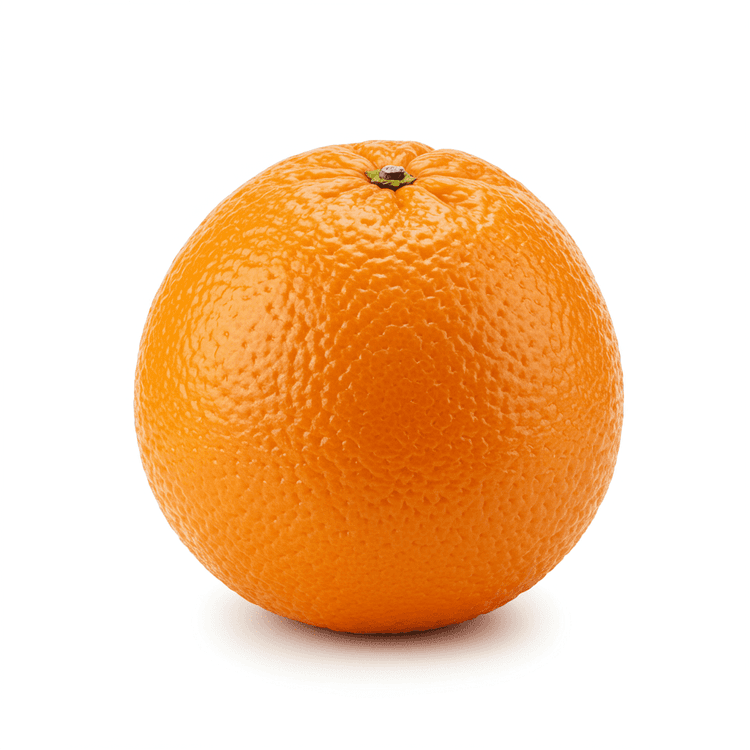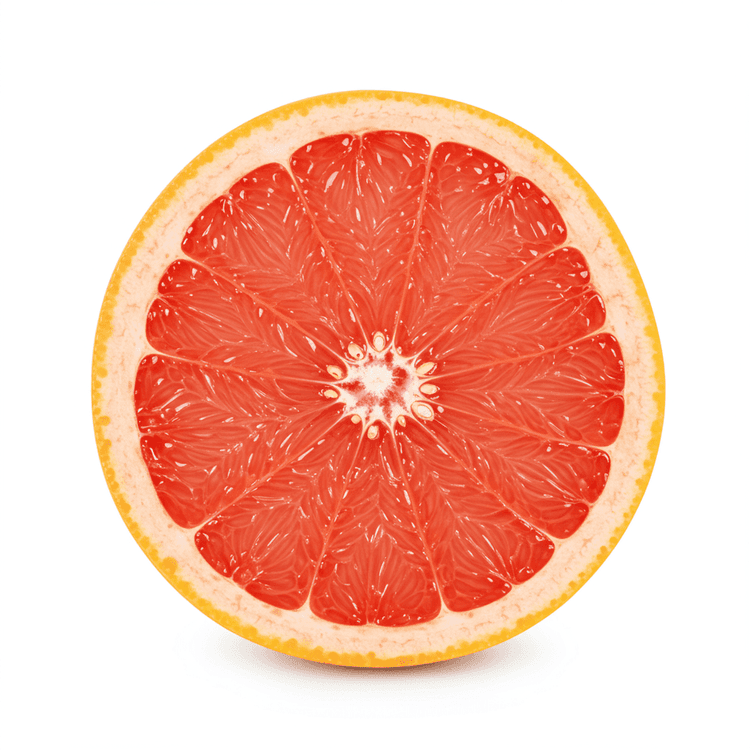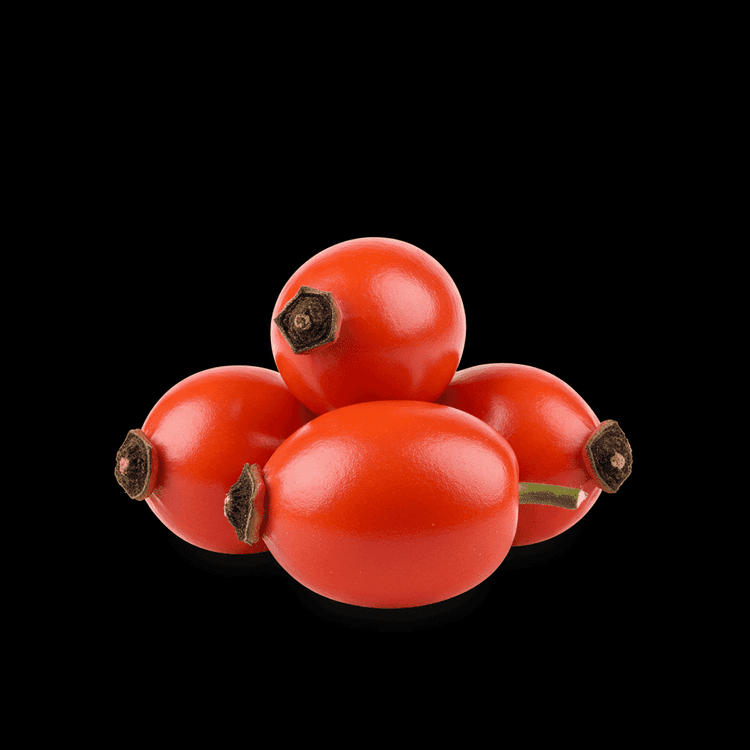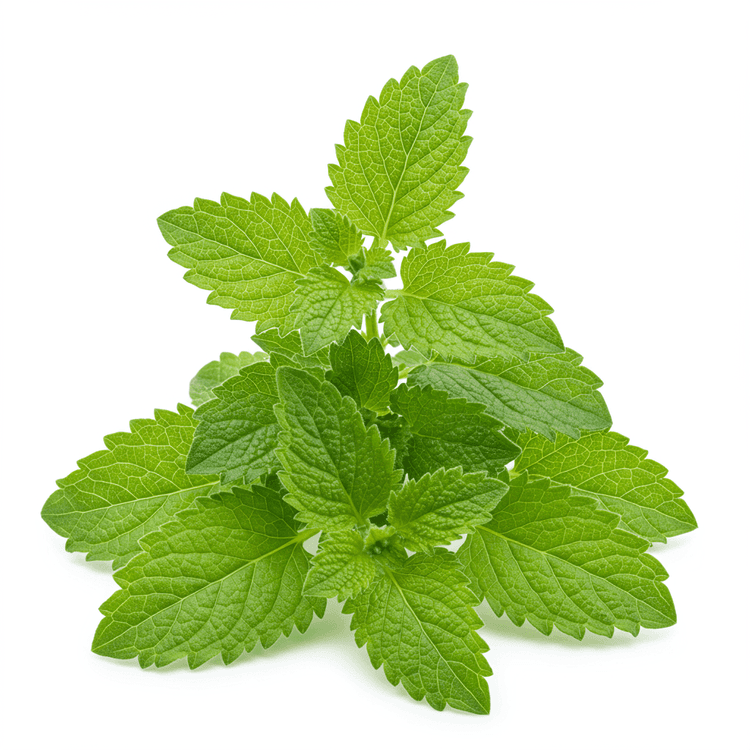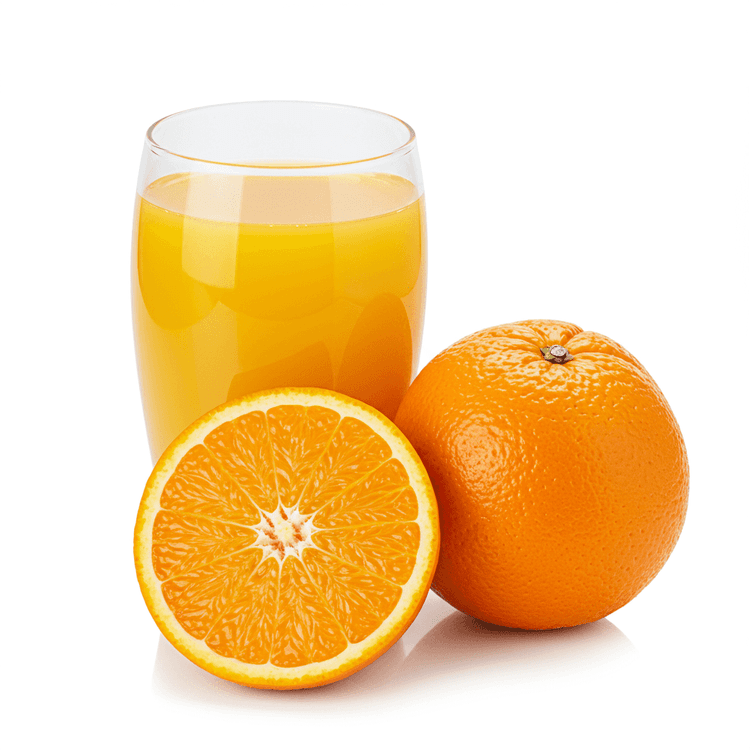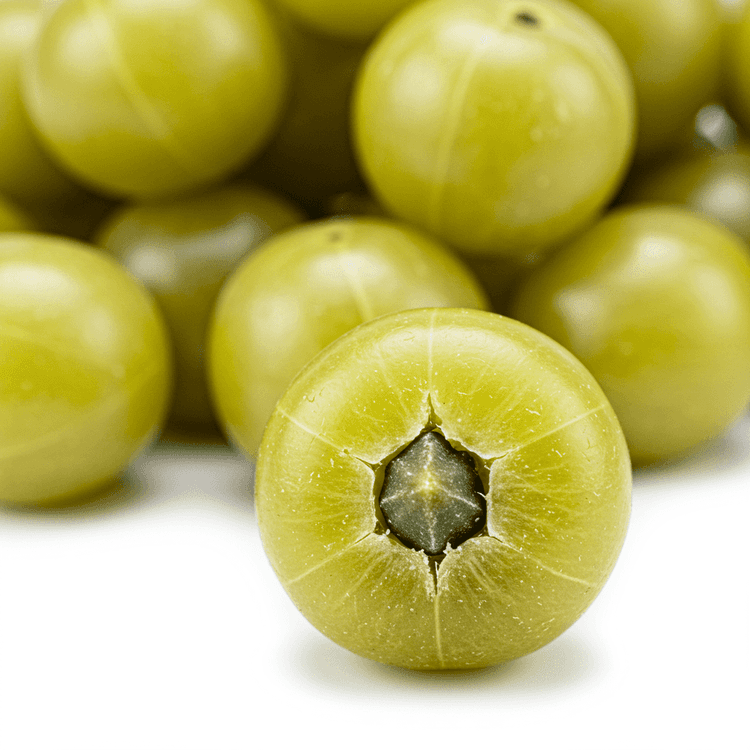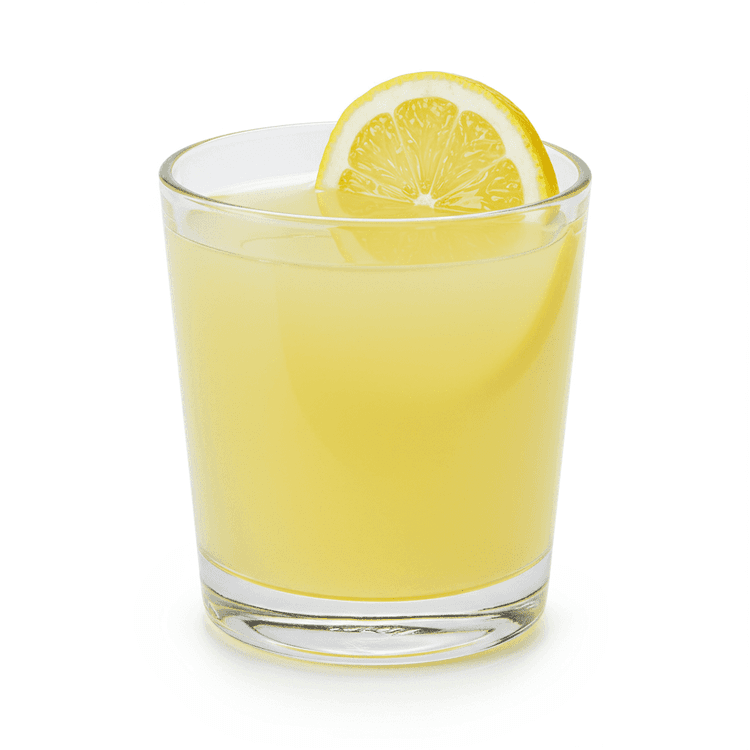
Lemon Juice
Lemon juice is the bright, acidic liquid extracted from fresh lemons. Known for its intensely tart and slightly sweet flavor, lemon juice is a versatile ingredient in both sweet and savory dishes. It's pale yellow and adds a refreshing zing to everything it touches. Fresh lemon juice is preferred over bottled varieties for its superior flavor and aroma. Explore the benefits of real lemon juice in your favorite recipes!
Common Uses
- Used as a marinade for meats and seafood: Lemon juice tenderizes proteins and adds a bright, citrusy flavor that complements various meats and seafood dishes. It is commonly used in Mediterranean and Latin American cuisines for this purpose.
- Adds a zesty flavor to salad dressings and vinaigrettes: Lemon juice provides a tangy base for homemade salad dressings and vinaigrettes, balancing the oil and other ingredients for a refreshing and flavorful addition to salads.
- Prevents browning in fruits and vegetables: A squeeze of lemon juice can help prevent oxidation, keeping cut apples, avocados, and other fruits and vegetables from turning brown.
- Brightens the flavor of soups and sauces: A splash of lemon juice added at the end of cooking can lift the flavors of soups and sauces, adding a layer of complexity and brightness.
- Used in baking for flavor and leavening: Lemon juice adds a tart and refreshing flavor to cakes, cookies, and other baked goods. Its acidity can also react with baking soda, creating a leavening effect for a lighter texture.
- Mixed into beverages like lemonade and cocktails: Lemon juice is a primary ingredient in classic beverages like lemonade and various cocktails, providing a refreshing and tangy flavor.
Nutrition (per serving)
Nutrition (per serving)
Calories
7.8kcal (0.39%)
Protein
0.1g (0.28%)
Carbs
2.5g (0.91%)
Sugars
0.6g (1.26%)
Healthy Fat
0.0g
Unhealthy Fat
0.0g
% Daily Value based on a 2000 calorie diet
Nutrition (per serving)
Calories
7.8kcal (0.39%)
Protein
0.1g (0.28%)
Carbs
2.5g (0.91%)
Sugars
0.6g (1.26%)
Healthy Fat
0.0g
Unhealthy Fat
0.0g
% Daily Value based on a 2000 calorie diet
Health Benefits
- Good source of Vitamin C for immune support and antioxidant protection.
- May aid digestion by increasing stomach acid and enzyme production.
- Can help promote skin health due to its antioxidant properties.
- Supports hydration when added to water, encouraging fluid intake.
- May assist in weight management due to its low calorie content and potential to promote satiety.
Substitutes
Chefadora AI is here.
Experience smarter, stress-free cooking.
Storage Tips
Lemon juice is best stored in the refrigerator after opening to maintain its flavor and prevent spoilage. For optimal preservation, store it in an airtight container. Freshly squeezed lemon juice can be kept in the refrigerator for up to a week. Bottled lemon juice generally lasts longer, so refer to the expiration date on the bottle. You can also freeze lemon juice in ice cube trays for longer storage; transfer the frozen cubes to a freezer bag for easy use.
Marnirni-apinthi Building, Lot Fourteen,
North Terrace, Adelaide, South Australia, 5000
Australia
